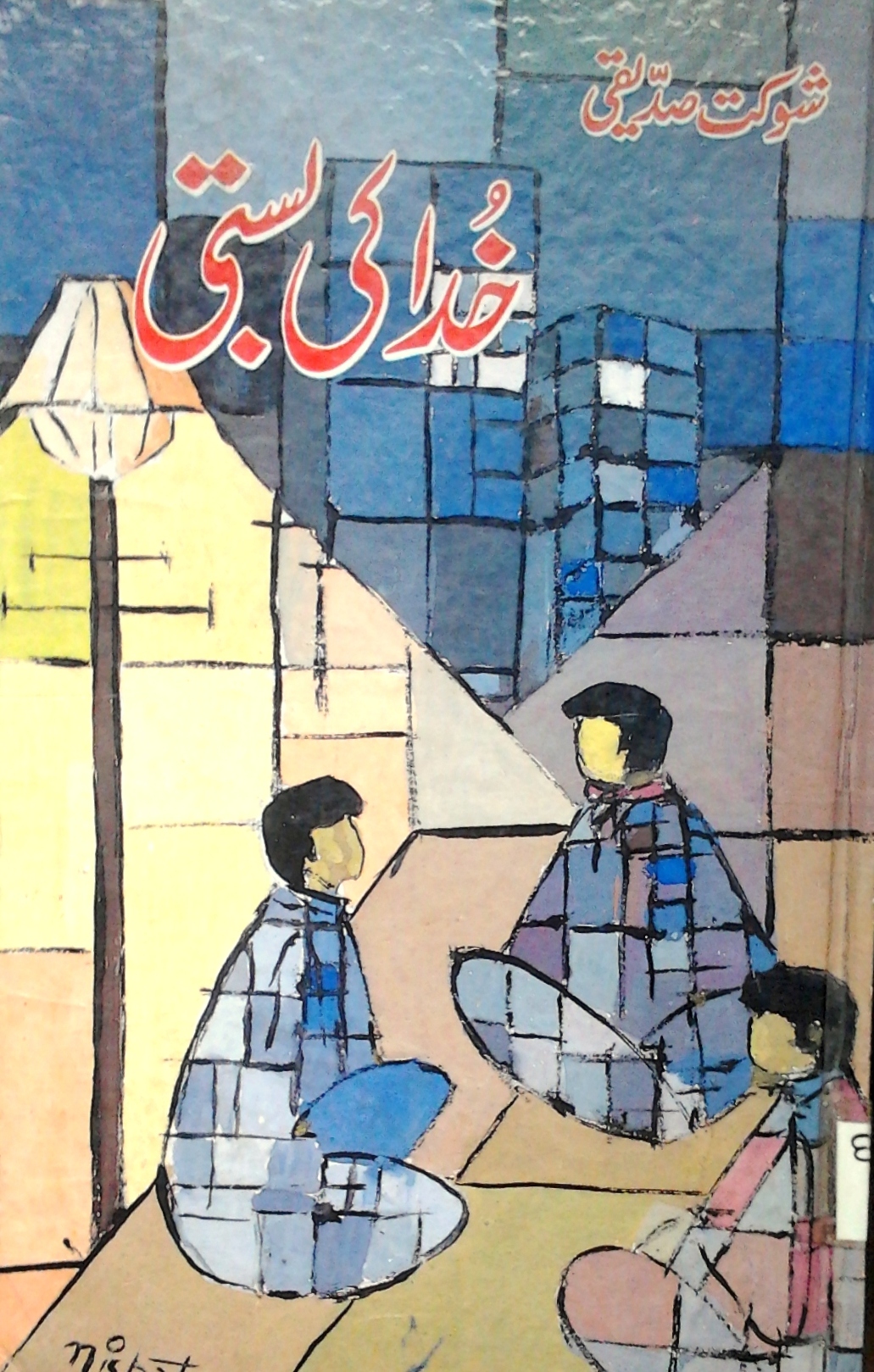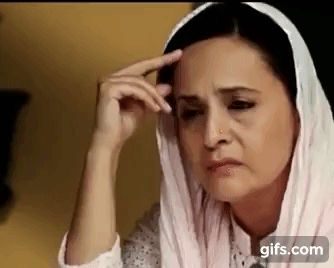What do you think?
Rate this book


480 pages, Hardcover
Published January 1, 2014
The fondness with which my parents still remember this show had lead me to believe that the book would be all smiles and contented sighs. My parents don’t remember the ending and it was not.
Salman is the best example of this I can think of. Introduced as a nice, suljha hua young man that is sophisticated but also has no value for money and time and thus spends his allowance on wine, brothels and card games, stops receiving financial support from this father due to his carelessness, he then goes to work for social welfare and during this period he is the very model of compassion, devotion and kind-heartedness. He then leaves this noble cause, marries and proceeds to be the most beghairat aadmi on the planet, recognizes the error of his ways and returns to his social welfare cause.
Soney pe suhaga, every man and woman in the book was unfaithful, lecherous and wretched. Without fail. Every. Single. One. They lead each other on, get each other in shit and then swiftly, remorselessly look the other way.
Nosha, possibly, of all the asshats in the book, I felt for and it was astounding how much crap he took over literally everything. I was getting the impression that he and a bunch of others were being buried under heaps of troubles for no good reason. Now that professor he was living with. I had begun to have hopes. It was as I said, the men and women in this book deliberately provoked each other and when the other responded, all hell broke loose and the provocateurs just became goongey andhey and behrey. It was in line with people who were in reality vermin, but in this situation, the person opposite Nosha was supposed to be a good person.

It’s not a bad book, it’s just a book in which bad, awful things happen to bad, awful people and it has a bad, awful effect on you. And if there was a real message in there somewhere I failed to get it.